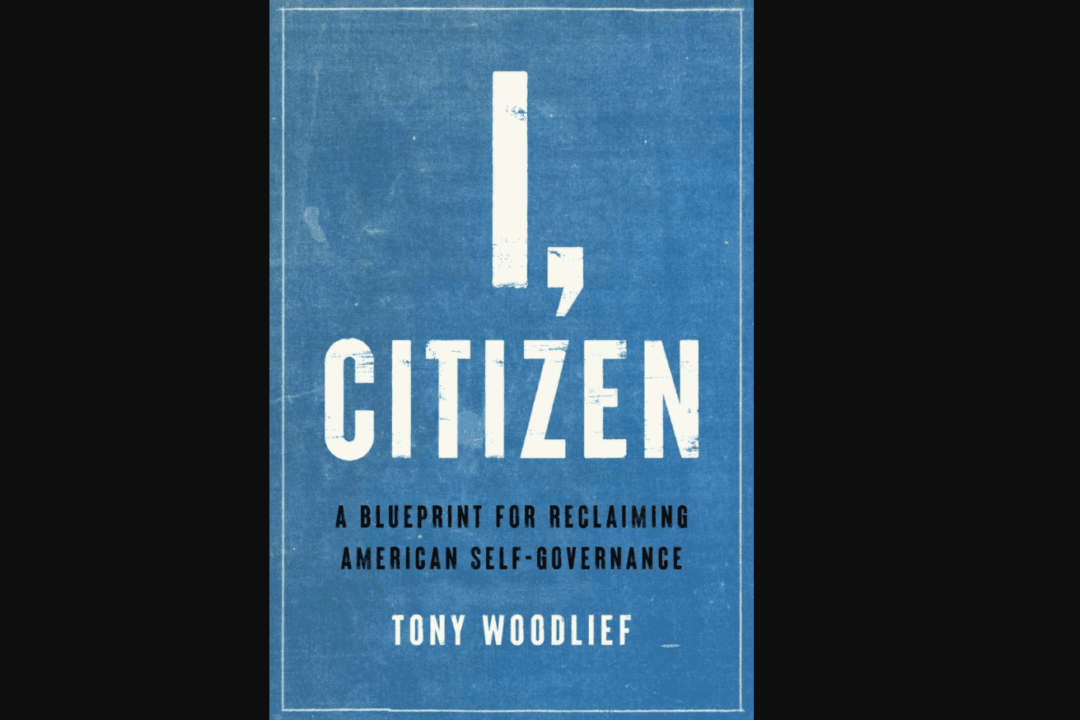In many of their writings, the Founding Fathers often indicated what they were working to secure for the American people: safety and happiness. These two words were a reflection of what Thomas Jefferson meant when he wrote that “governments are instituted among men to secure these rights.” The Founding Fathers’ goal was to institute a republican form of government that would ensure their safety and happiness by securing the rights of the citizens.
Tony Woodlief, in his new book “I, Citizen,” describes how our government has continued to stray further and further from our founding principles. The author provides ample examples of how this has taken place, including our ever-expanding administrative state, our three branches of government that seem confused about their proper roles, and a population that has forgotten the purpose of citizenship.
How We Got Here
How did this begin? Woodlief highlights two very obvious figures that helped perpetuate the decline in self-governance and the rise of what Thomas Hobbes would call the leviathan of government: Woodrow Wilson and Franklin D. Roosevelt. These two presidents and their administrations ushered in the superiority of the expert, where control over how the country is run is no longer subject to the citizens and their representatives, but to unelected bureaucrats. With the creation of federal agencies to tackle issues within the country, the author points out how our three branches of government failed to do their jobs and have greatly failed to rein in an administrative state with agencies possessing the power of all three branches.
Is this unwelcome intervention intentional? After reading Woodlief’s book, it is hard to see it as anything but, at least from the perspective of the agencies themselves. The author suggests that one of the problems is that there are too many political scientists (of which he is one) directing the country. His chapter “Scientists, Mad and Political,” breaks down the goals of these “mad scientists” and why they believe their goal of top-down control is not only achievable but workable (his example of the National Forest Service is unforgettable).
Woodlief presents a “mostly neglected report” that was presented to the American Political Science Association in the 1950s and how it opened the floodgates for how our current two-party system operates. Although there are many reasons to read this book, this chapter alone will open readers’ eyes to exactly how citizens continue to be duped by politicians, regardless of party.






